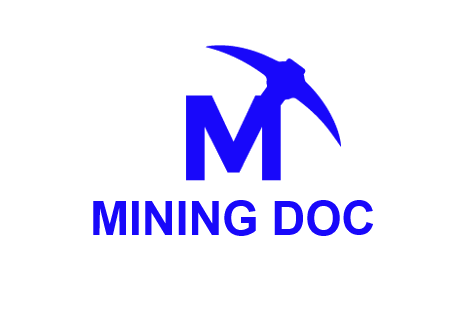BHP has the most autonomous trucks in service, with 300, followed by Fortescue Metals Group’s 193 trucks.
The number of autonomous haul trucks operating worldwide increased by 39% between May 2021 and May 2022, from 769 to 1,068. By the end of 2025, it is anticipated that the number will surpass 1,800.
Both Canadian Natural Resources and Suncor Energy anticipate adding more than 100 autonomous trucks to their oil sands mines by the end of 2025, while BHP plans to automate up to 500 haul trucks across its iron ore and coal mines in Western Australia through 2023.
With 706, Australia has the most autonomous trucks of any nation, up from 381 two years ago and 561 in 2021. China comes in second with 69, Chile with 33, and Canada with 177, up from 143 in 2021. In Australia, there are 25 mines using autonomous haul trucks, compared to 19 mines worldwide.
Rio Tinto has 187 autonomous vehicles, Fortescue Metals Group has 193, and BHP has 300, the most of any company using autonomous trucks. In addition to its 95 trucks at the Goonyella Riverside mine, BHP has increased its fleet size by deploying 34 trucks at the Daunia Mine, where all of its trucks are now autonomous, and 42 Komatsu 930E-5 ultra-class haul trucks at its South Flank iron ore mine in Western Australia’s Pilbara region.
At its Quellaveco copper operation, Anglo American has installed its first fleet of autonomous mining trucks. By the second half of 2022, there will be a full fleet of 27 automated vehicles, up from the current 22 totally autonomous trucks.
The two largest suppliers of autonomous vehicles, which make up 86.5% of the trucks monitored by the Mining Intelligence Centre, are Caterpillar and Komatsu. The two equipment manufacturers’ most popular models are the 793F and 930E, respectively.


